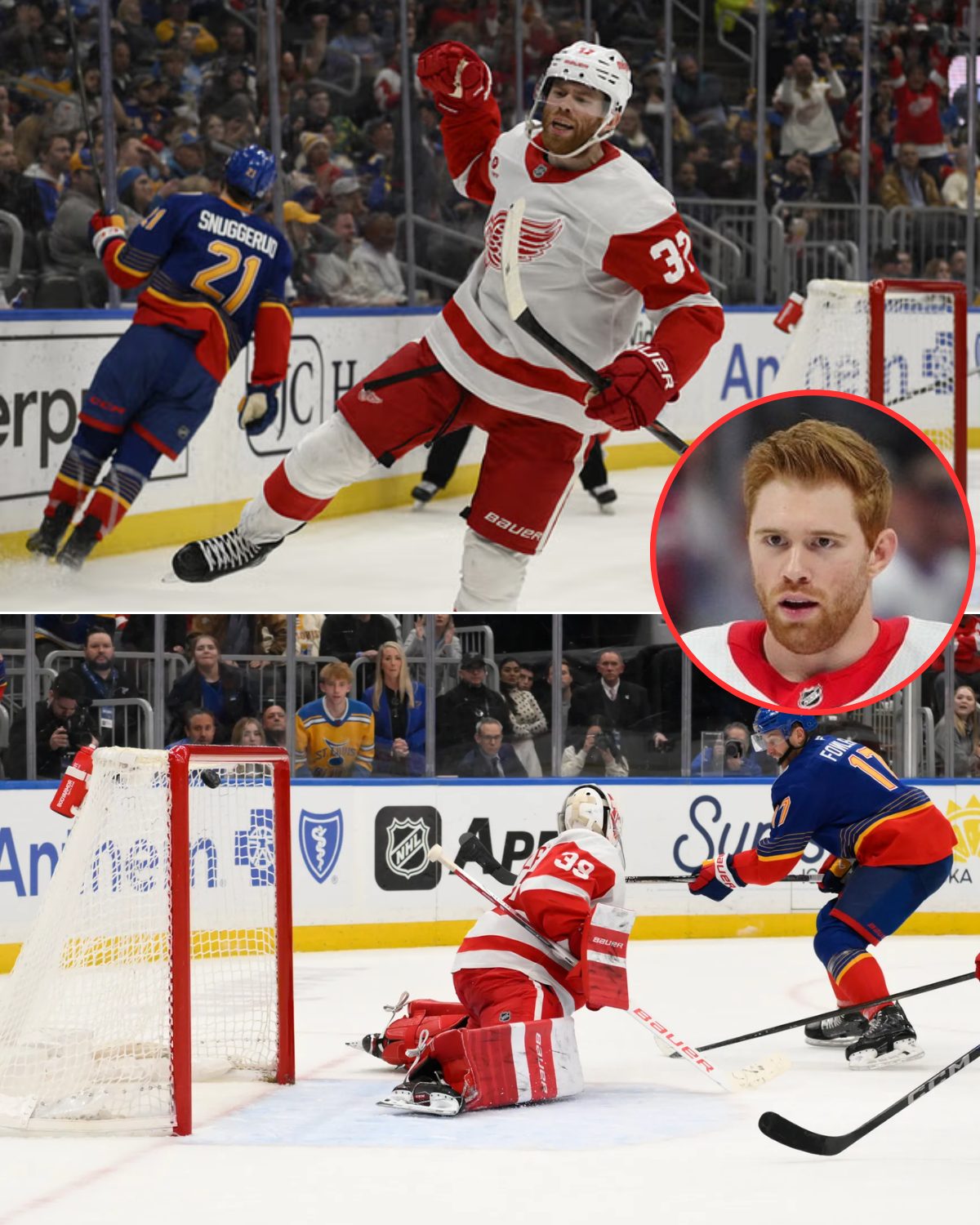
In recent developments, Sara from “Making the Band” has accused Sean “Diddy” Combs of inappropriate behavior, seeking $60 million in damages. The allegations suggest that Diddy attempted to entice Sara into 𝓈ℯ𝓍ual relations, touching her inappropriately, and blackballing her from the music industry. This story, which has garnered significant media attention, raises questions about the motivations behind such claims and the broader implications for the music industry.
Sara’s lawsuit has stirred debate, with some commentators suggesting her actions are driven by a desire for financial gain rather than a genuine quest for justice. Critics argue that many individuals who call out prominent figures often do so after experiencing setbacks in their own careers. This notion has been particularly echoed in discussions surrounding the music industry, where success can be fleeting and competitive.
The details of Sara’s allegations are documented in a 148-page legal filing available for public review. While her claims are serious, there are concerns about the timing and nature of her request, especially in light of the numerous lawsuits and allegations Diddy has faced in recent years.
Supporters of Sara argue that victims should be able to speak out, regardless of when the incidents occurred. However, detractors urge caution, emphasizing the need to differentiate between legitimate claims and those that may be opportunistic. The ongoing conversation highlights the complexity of accountability in the entertainment industry and the responsibility of platforms to fairly assess both sides of such controversial narratives.
As the case unfolds, it remains to be seen how it will impact Diddy’s career and the broader landscape of celebrity accountability. The music industry continues to grapple with issues of power dynamics, and this lawsuit is another chapter in a long-standing dialogue about justice and fairness in the face of alleged misconduct.
